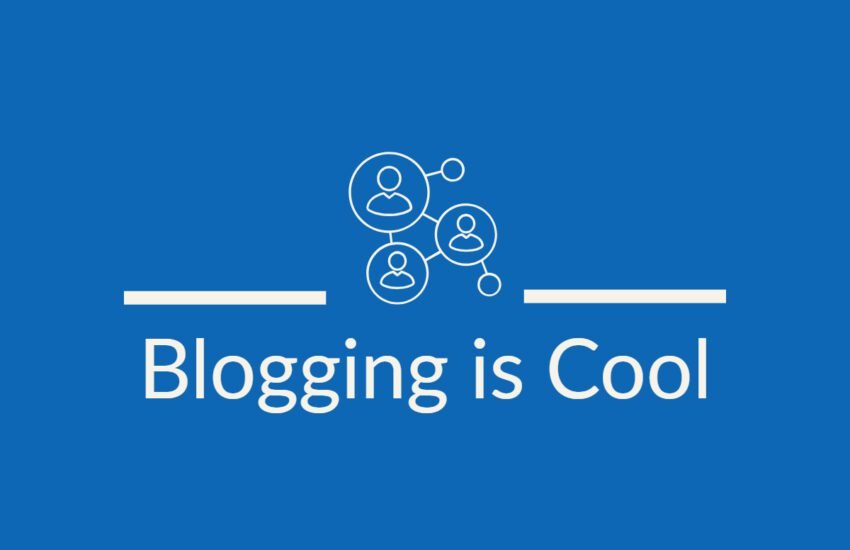The 20 Most Expensive Domain Names in History
- Domain Names are like Prime Real Estate
- Why some Domain Names are Expensive
- The 20 Most Expensive Domain Names
- Frequently Asked Questions
- 1. What makes a domain name expensive?
- 2. Are there specific industries where domain names tend to be more expensive?
- 3. How do you determine the value of a domain name?
- 4. Can you negotiate the price of a domain name?
- 5. What are some tips for finding an affordable domain name?
- 6. Are there any legal considerations when buying a domain name?
- 7. What are some examples of domain names that sold for exceptionally high prices?
- 8. How can I monetize a premium domain name?
- 9. What are some common mistakes to avoid when purchasing a domain name?
- 10. Is it worth investing in domain names for resale purposes?
Domain Names are like Prime Real Estate
In the vast world of the internet, domain names are like prime real estate. While most can be snatched up for a few bucks, some have sold for mind-boggling amounts, reaching millions of dollars. These pricey domain names aren’t just random words; they’re strategic investments, powerful branding tools, and sometimes, pieces of internet history.
Why some Domain Names are Expensive
Scarcity
So, why do some domain names cost a fortune? Well, one big reason is scarcity. Think about it like this: as more websites pop up, good domain names become rarer. And when something’s rare, its value shoots up. It’s basic supply and demand. Plus, with new industries emerging all the time, finding a perfect domain that fits just right can be like finding a needle in a haystack.
Branding
Then there’s branding. A killer domain name can make or break a business. It’s often the first thing people see, so having one that’s catchy, memorable, and aligns with your brand is crucial. Businesses are willing to splash out big bucks to get a domain name that screams “trustworthy” and “legit” to their customers.
Search Engine Optimization
And let’s not forget about SEO. Having a domain name packed with keywords can work wonders for your website’s visibility on search engines. More visibility means more visitors, and more visitors can mean more cash flow. So, shelling out for a domain name that’s SEO-friendly can be seen as a smart investment.
Speculation
Lastly, there’s the whole speculation game. Just like with real estate, some folks buy up domain names with the hope of selling them later for a hefty profit. They’re betting on trends, emerging markets, or just the idea that the right domain name will be worth even more down the line.
So, when we talk about the most expensive domain names in history, we’re not just talking about strings of characters. We’re talking about digital assets that can change the game for businesses, investors, and the internet as a whole. It’s a wild world out there in cyberspace, and these pricey domain names are just a glimpse into its craziness.
The 20 Most Expensive Domain Names
Here are twenty of the most expensive domain name sales in history:
1. CarInsurance.com – Sold for $49.7 million in 2010.
2. Insurance.com – Sold for $35.6 million in 2010.
3. VacationRentals.com – Sold for $35 million in 2007.
4. PrivateJet.com – Sold for $30.18 million in 2012.
5. Voice.com – Sold for $30 million in 2019.
6. Internet.com – Sold for $18 million in 2009.
7. Insure.com – Sold for $16 million in 2009.
8. Fund.com – Sold for $9.99 million in 2008.
9. Sex.com – Sold for $13 million in 2010.
10. Hotels.com – Sold for $11 million in 2001.
11. Porno.com – Sold for $8,888,888 in 2015.
12. We.com – Sold for $8 million in 2015.
13. Diamond.com – Sold for $7.5 million in 2006.
14. Beer.com – Sold for $7 million in 2004.
15. Z.com – Sold for nearly $6.8 million in 2014.
16. Toys.com – Sold for $5.1 million in 2009.
17. Clothes.com – Sold for $4.9 million in 2008.
18. Medicare.com – Sold for $4.8 million in 2014.
19. IG.com – Sold for $4.7 million in 2013.
20. FB.com – Sold for $8.5 million in 2010 (acquired by Facebook).
Frequently Asked Questions
1. What makes a domain name expensive?
Domain names can be expensive due to various factors. Rarity is a significant one; shorter, memorable names or those containing popular keywords are in high demand. Additionally, a domain’s potential branding and SEO value can drive up its price. The more relevant and marketable a domain is, the more businesses are willing to pay for it. Furthermore, speculation plays a role; investors buy domain names they believe will appreciate over time, contributing to price inflation.
2. Are there specific industries where domain names tend to be more expensive?
Yes, certain industries often see higher domain name prices. Technology, finance, and e-commerce are among them, as they rely heavily on online presence and branding. Additionally, emerging industries like cryptocurrency and renewable energy often compete for domain names relevant to their niche, driving up prices further.
3. How do you determine the value of a domain name?
Domain value depends on factors like length, keyword relevance, branding potential, SEO value, and market demand. Domain appraisal services use algorithms and market data to estimate a domain’s worth, but ultimately, it’s subjective and depends on what buyers are willing to pay.
4. Can you negotiate the price of a domain name?
Yes, domain name prices are often negotiable. Sellers may set initial prices high, expecting counteroffers. It’s common practice to engage in negotiations to reach a mutually agreeable price.
5. What are some tips for finding an affordable domain name?
To find affordable domain names, consider alternatives to popular extensions like .com, such as .net or .org. Look for expired domains or use domain name generators to brainstorm unique options. Additionally, consider purchasing domains directly from owners rather than through domain marketplaces, where prices may be inflated.
6. Are there any legal considerations when buying a domain name?
Yes, it’s essential to ensure that the domain name you’re interested in doesn’t infringe on trademarks or copyrights. Conduct thorough research to avoid legal disputes, as using a domain name that violates intellectual property rights can lead to costly legal consequences.
7. What are some examples of domain names that sold for exceptionally high prices?
Examples include Insure.com, which sold for $16 million, and Voice.com, which sold for $30 million. These high prices were driven by factors like keyword relevance, branding potential, and the industries they represent.
8. How can I monetize a premium domain name?
Premium domain names can be monetized through various means, including selling products or services directly on the associated website, leasing the domain to businesses in relevant industries, or displaying advertising through platforms like Google AdSense.
9. What are some common mistakes to avoid when purchasing a domain name?
Common mistakes include neglecting to research trademarks, overpaying for a domain name without assessing its true value, and failing to renew domain registration on time, risking loss of ownership.
10. Is it worth investing in domain names for resale purposes?
Investing in domain names can be lucrative if done strategically. Research market trends, focus on high-demand niches, and be patient for the right buyer. However, it’s also speculative, and success isn’t guaranteed. Diversify your investments and be prepared for a long-term commitment.


